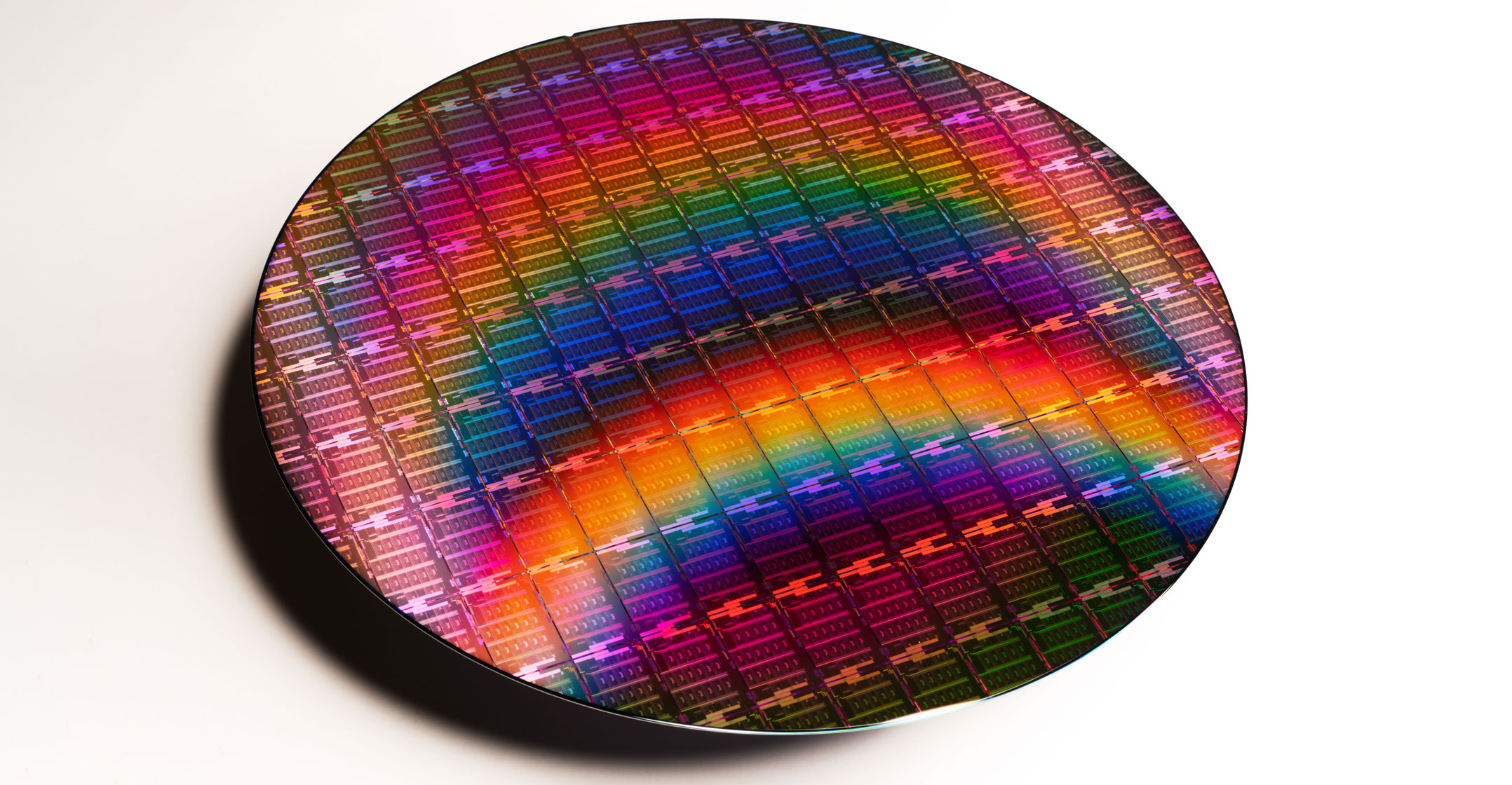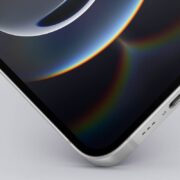

A wafer of Intel Xeon chips
The global chip shortage is going from bad to worse with car makers on three continents joining tech giants Apple and Samsung Electronics in flagging production cuts and lost revenue from the crisis.
In a dizzying 12-hour stretch, Honda said it will halt production at three plants in Japan for around five to six days next month; BMW flagged it will pause production at its plants in Germany and England; and Ford reduced its full-year earnings forecast due to the debilitating chip shortage, which it sees extending into next year. Automakers are expected to lose tens of billions in revenue this year because of the crisis.
Now, the very companies that benefitted from surging demand for phones, laptops and electronics during the pandemic that caused the chip shortage, are starting to feel the pinch. After a blockbuster second quarter, Apple chief financial officer Luca Maestri warned that supply constraints are crimping sales of iPads and Macs, two products that performed especially well during lockdowns. Maestri said this will knock US$3-billion to $4-billion off revenue during the fiscal third quarter.
It’s a fight out there and you have to be in daily contact with your suppliers. You need to make sure that you’re important to them
“It’s a fight out there and you have to be in daily contact with your suppliers. You need to make sure that you’re important to them,” Nokia CEO Pekka Lundmark said in an interview on Thursday. “When there is a shortage in the market, it is things like how important you are in the big picture, how strong your relationships are and how you manage expectations.”
Meanwhile, companies that supply chips are reporting surging sales and pledging to invest billions to expand capacity as they struggle to keep up with demand. Qualcomm, the world’s largest smartphone chip maker, said demand for handsets is surging back as life returns to normal in some markets that had been locked down by the Covid-19 pandemic.
Soaring demand
STMicroelectronics, a key chip supplier for car makers, said profit for its auto and power unit jumped 280% in the first quarter. CEO Jean-Marc Chery credited a surprise rebound in demand as well as the industry’s adoption of new, digital features that require more chips for the latest wave of supply-chain constraints.
Samsung, which is both a producer and user of chips, said on Thursday that component shortages will contribute to a slide in revenue and profit this quarter at its mobile division, which produces its marquee Galaxy smartphones.
The shortfall of critically needed semiconductors has forced the entire auto industry to cut output, leaving thin inventories at dealerships just as consumers emerge from Covid-19 lockdowns. In just the past week, Jaguar Land Rover Automotive, Volvo Group and Mitsubishi Motors have joined the list of manufacturers idling factories.

Even Apple is warning of constrained chip supplies
“The second quarter is going to be worse for automakers than the first quarter,” said Song Sun-jae, an analyst at Hana Daetoo Securities in Seoul. “The chip shortage problem could end up lasting longer, maybe into next year.”
Beyond Apple, whose high-specification iPhones and aggressive demands typically place it at the front of the line, deepening chip shortages threaten to dampen a nascent rebound in the entire smartphone market. Worldwide shipments surged an estimated 27% to 347 million devices in the first quarter — aided by a plethora of new models and China’s swift post-pandemic recovery — but a shortage of components such as app processors could sap that momentum over the rest of 2021.
“Covid-19 is still a major consideration, but it is no longer the main bottleneck,” Canalys research manager Ben Stanton wrote on Thursday. “Supply of critical components, such as chipsets, has quickly become a major concern, and will hinder smartphone shipments in the coming quarters.”
There are too many uncertainties about when chip supplies will improve, and that’s making it difficult for automakers
At Ford, the shortage will likely reduce production by 1.1 million vehicles this year, John Lawler, the company’s chief financial officer, said on a call with reporters. The car maker expects a $2.5-billion hit to earnings due to scarce chip supplies.
Tesla CEO Elon Musk this week called the chip shortage a “huge problem”. NXP Semiconductors said it’s expecting supply to be tight all year and warned constraints for the auto industry could extend into 2022.
“There are too many uncertainties about when chip supplies will improve, and that’s making it difficult for automakers,” said Lee Han-joon, an analyst at KTB Investment & Securities in Seoul. “For semiconductor makers, the auto industry isn’t really seen as one of their key customers and that’s putting the car makers in a much tougher position in securing supplies.” — Reported by Peter Vercoe, (c) 2021 Bloomberg LP











Comments